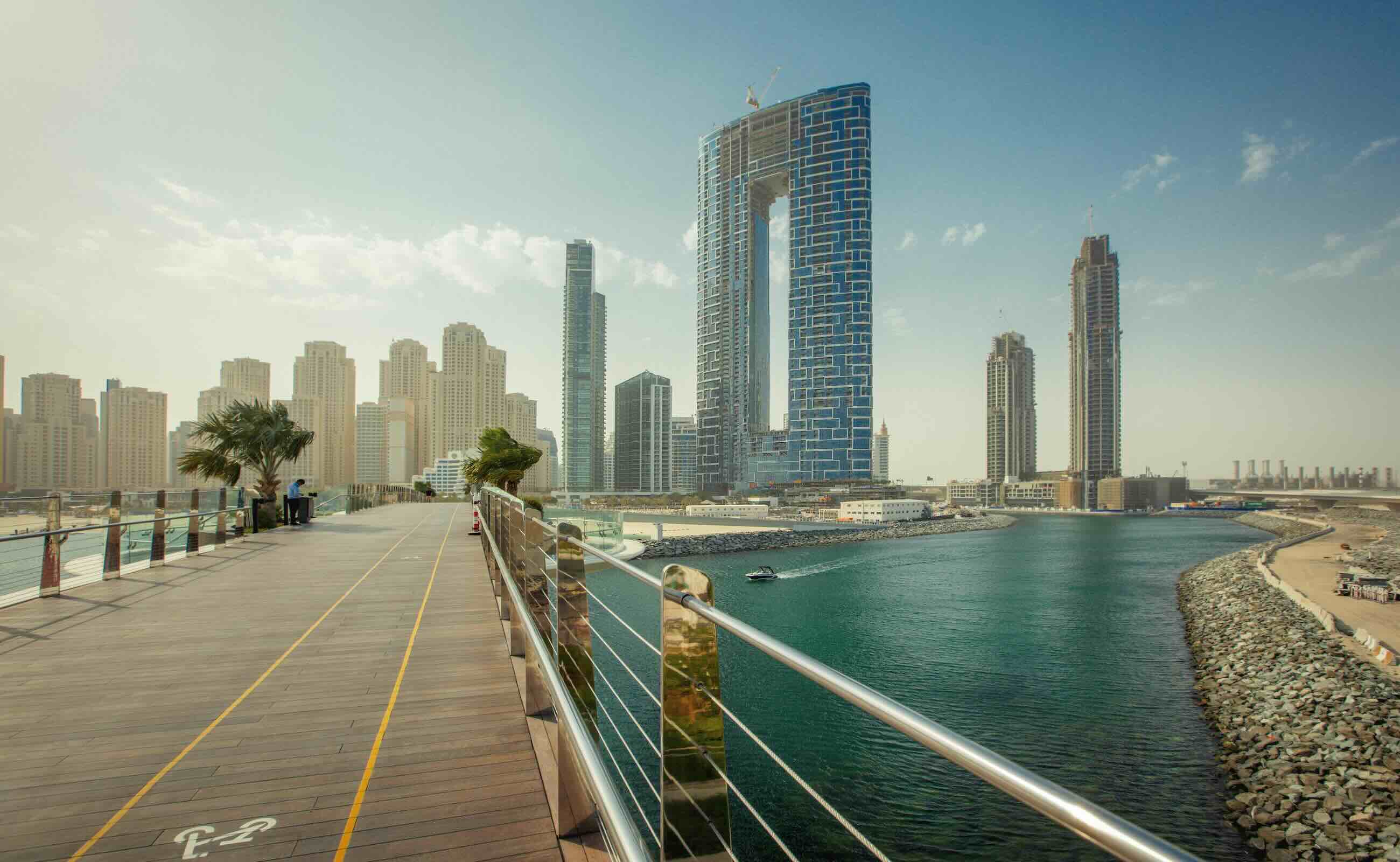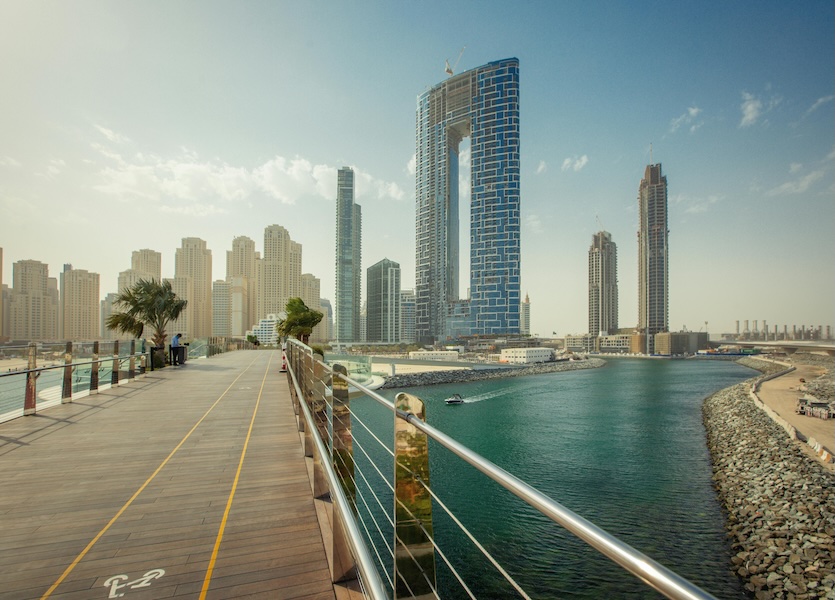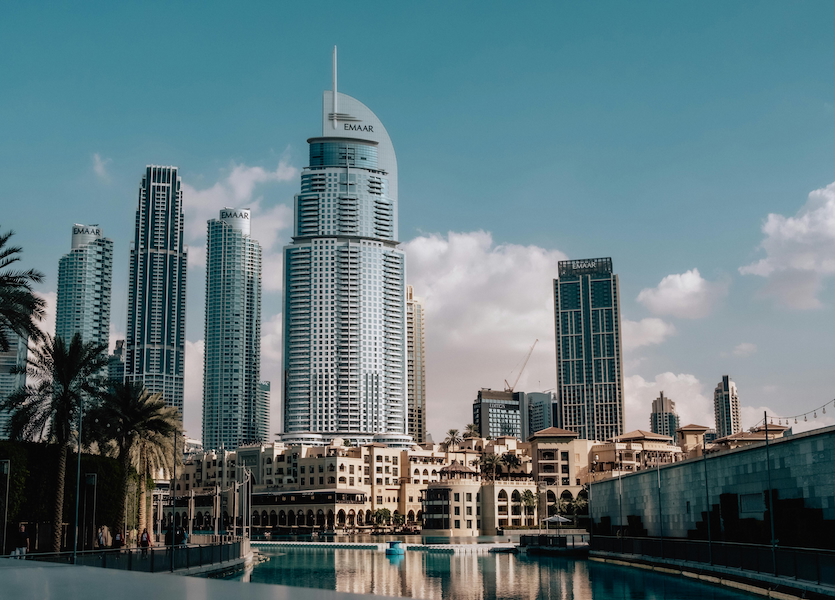
Double taxation occurs when more than one country claims the right to tax the very same income at the same time. A common scenario is that an owner lives in one country, while the company is incorporated in Dubai. The result can be overlapping claims - unless you structure things correctly and rely on the relevant tax treaty. The principle is simple: pay tax once, in the right country, in the right amount - and be able to prove it.
Two Levels to Keep Separate
- The company (legal person) in Dubai. The company’s profit is generally taxed where the company is tax resident - here, in the United Arab Emirates.
- The owner or director (individual). Salary, director’s fees and dividends are assessed under the rules of the individual’s country of residence and under that country’s double tax treaty with the United Arab Emirates.
Double Tax Treaties - How They Prevent Double Taxation
What These Treaties Do
They are agreements between two countries that allocate taxing rights over specific types of income—business profits, dividends, interest, royalties, and income from real estate. The United Arab Emirates has an extensive treaty network.
How Relief Works in Practice - Two Main Methods
- Exemption method. Income that is taxable in one treaty country is exempt in the other.
- Credit method. Tax paid in one treaty country is credited against the tax due in the other, reducing the total liability.
Treaties also contain “tie-breaker” rules to resolve conflicts of residence. For individuals, they look at the centre of vital interests and the number of days spent in each country. For companies, they focus on where the entity is actually managed and controlled.
Three Common Real-World Situations
- Profit of a Dubai company. Taxed in the United Arab Emirates, provided local conditions are met.
- Dividends or salary paid to an owner who is resident elsewhere. Taxed in the owner’s country of residence, with relief under the treaty (exemption or credit depending on the income type and treaty article).
- Permanent establishment in another country. Profit attributable to that on-the-ground presence is taxed there; the remainder is taxed in Dubai.
How the Tax System Works in Dubai
- Individuals. No personal income tax.
- Companies. Corporate tax at 9 percent on profit above 375,000 dirhams (approximately $102,000); 0 percent below that threshold. This applies for financial periods beginning on or after 1 June 2023.
- Free Zone companies. A 0 percent rate can apply only if the entity qualifies as a Qualifying Free Zone Person and only on Qualifying Income as defined in government decisions. Other income is subject to the standard 9 percent corporate tax. Real presence, proper accounting and other zone-specific requirements are expected.
- Value added tax. Standard rate 5 percent; mandatory registration from annual turnover of 375,000 dirhams (voluntary from 187,500 dirhams).
- Withholding tax. Currently 0 percent on common outbound payments.
Why Dubai Appeals to International Entrepreneurs: Low overall tax burden, regulatory stability, strong reputation, fast administrative processes, high-quality banking and infrastructure, and access to talent and capital.
Risks When Tax Residence Is Set Up Incorrectly
- Mixing up the person and the company. The owner’s country of residence is not the same as the company’s residence; assess each separately.
- Place of effective management outside Dubai. If decisions, signing and control take place mainly in another country, a permanent establishment can arise there and that country can claim tax on part of the profit.
- Weak documentation. Lack of proof of real activity in Dubai - contracts, office, operating costs, minutes of management meetings - invites challenges.
- Ignoring the treaty. Without applying the treaty rules, you risk top-up tax and penalties. Proper use of the treaty ensures income is taxed once.
How We Can Help
- Company setup in Dubai. Advice on Free Zone versus Mainland company, licence selection, and full incorporation.
- Tax residence consulting. Clear assessment for both the individual and the company, with an actionable step-by-step plan.
- Applying the double tax treaty. We select the correct relief method (exemption or credit) and prepare supporting documentation.
- Hands-on compliance and evidence. Assistance with a Tax Residency Certificate issued by the Federal Tax Authority, registrations for value added tax and corporate tax, accounting, and audit where required.
- Everything is explained clearly and without unnecessary jargon.
Frequently Asked Questions
“Do I have to pay tax in my home country if I have a company in Dubai?”
It depends on residence and where the business is actually managed. The Dubai company’s profit is generally taxed in the United Arab Emirates; the owner’s personal income is assessed in the owner’s country of residence, with treaty relief applied.
“How do I prove tax residence?”
Primarily with a Tax Residency Certificate from the Federal Tax Authority, supported by evidence of real presence—office lease, operating costs, local team, and contracts. For individuals, authorities also consider ties such as centre of vital interests and days spent.
“Is there a risk that I will be taxed twice?”
Yes - if residence and documentation are neglected. With the right structure and proper use of the double tax treaty (exemption or credit), you should pay tax once.
Before You Invoice - Set Up Double Tax Relief Properly
Clarify:
- where the company’s profit is taxed,
- how your personal income will be taxed, and
- whether activities in another country create a permanent establishment there.
Talk to us - INCORPORTAS will tailor a solution from Free Zone or Mainland selection and residence planning, through registrations, to accounting and ongoing obligations. Build in Dubai legally, transparently, and without unnecessary tax risk.




